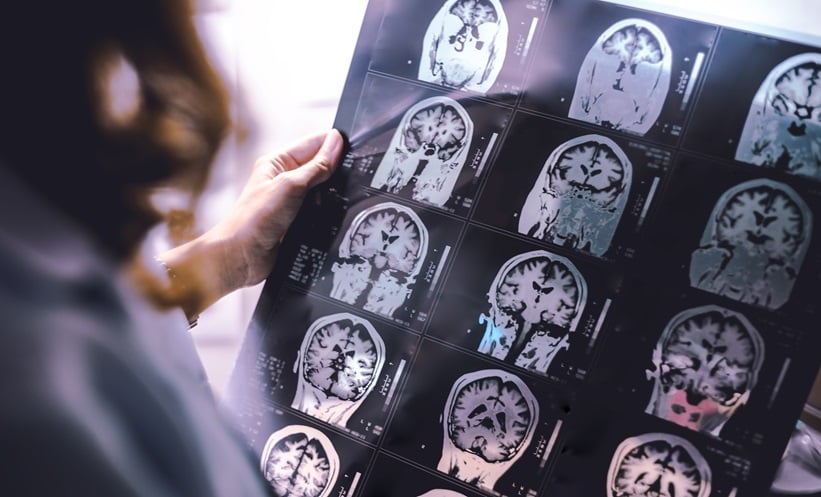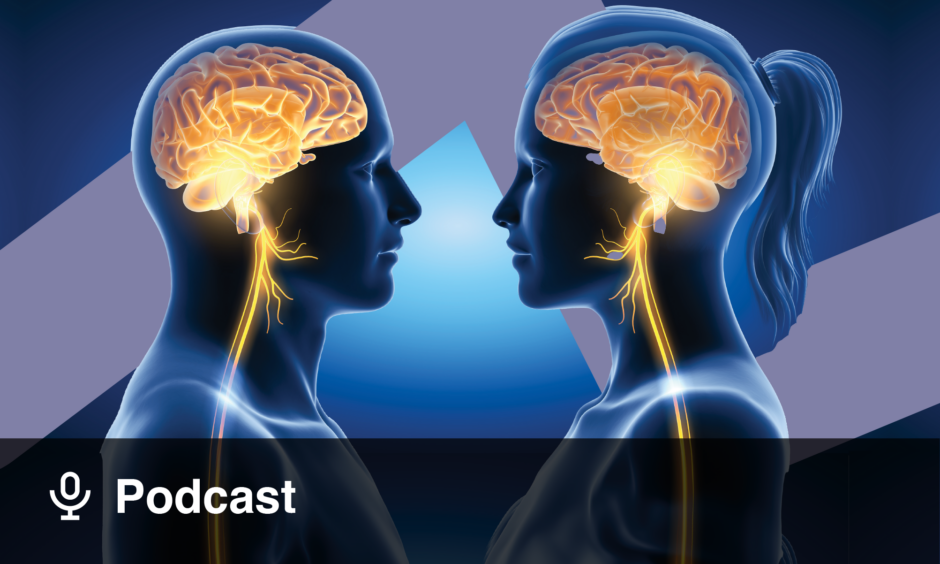A REVOLUTIONARY new AI model, developed by researchers at the Boston University Chobanian & Avedisian School of Medicine, USA, has proved effective in accurately differentiating between various dementia types using multimodal data.
The study, utilising data from 51,269 patients across nine diverse geographic datasets, included 19,849 patients with healthy brain function, 9,357 with mild cognitive impairment and 22,063 with dementia. The dementia cases were further subcategorised into three groups: Alzheimer’s disease (AD), Lewy body dementia (LBD) and Parkinson’s disease.
Dementia affects nearly 10 million people annually and, as the global population ages and the demand for precise diagnostics is a necessity of growing importance. However, accurate diagnosis is often complicated by overlapping symptoms among different types of dementia. This research facilitated the recognition of 10 distinct, dementia aetiologies which, when identified for a patient, aids the identification of a specific diagnosis.
The AI model demonstrated a strong performance, achieving a micro-averaged Area Under the Receiver Operating Characteristic Curve of 0.94 in classifying patients into these aetiologies and an Area Under the Precision-Recall Curve of 0.90. It outperformed existing models on external datasets, highlighting it’s diagnostic superiority.
Additionally, the model consistently aligned diagnoses with similar management strategies, prevailing in tests despite intentionally incomplete data being provided. It was designed to simplify the complex nature of dementias by producing probability scores for each distinct aetiology. When aligned with disease specific biomarkers, the model predicted probability showed a strong predictive capability in identifying dementia pathophysiology.
Biomarker alignment with AD, frontotemporal dementia, and LBD showed strong differentiation between biomarker-negative and positive groups. This study underscores the potential of AI to revolutionise dementia diagnosis, offering a powerful tool that distinguishes between various dementia aetiologies, crucial for designing personalised treatment strategies
Katie Wright, EMJ
Reference
Xue C et al. AI-based differential diagnosis of dementia aetiologies on multimodal data. Nat Med. 2024;DOI:10.1038/s41591-024-03118-z.








